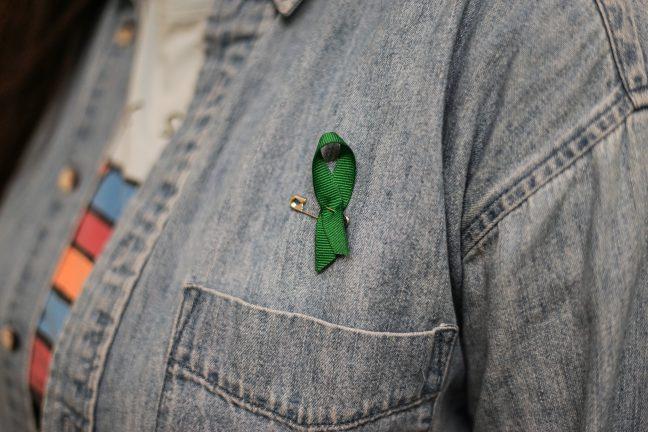I am a heterosexual biracial female and I face prejudice on a daily basis. It’s not due to the fact my eyes squint slightly. Nor is it because I have a strong affinity for Chinese food. It’s because I have major clinical depression.
Unlike race, mental illness lacks a physical indicator. When someone cracks a joke about killing themselves because Joe from the bar never texted them back, they have no idea the person standing behind them on the bus was just released from the hospital after a failed suicide attempt.
Through this ignorance, prejudice is born. People who have never experienced mental illness think depression is what you feel after Jack dies in the Titanic. They consider it a case of the blues that a box of tissues and a tub of Ben & Jerry’s can cure. What they don’t see is the invisible weight crushing the air out of your lungs. They don’t hear the voices in your head telling you that you aren’t enough. They don’t understand how big of a victory getting out of bed in the morning is.
For one of my jobs, we attended specialized social justice training. In the training, we talked about how we could be more inclusive of various communities. When we discussed group dynamics regarding disabilities, one person said, “looking around, everyone is able-bodied and physically healthy, so we don’t really have this problem.”
For the first time since starting the job, I felt discriminated against. This was a community where we continuously worked on addressing issues of inequality and racial justice. Yet not once had we addressed how mental illness can be marginalizing.
What people fail to realize is mental illness is a disability, even though you might not know someone has it just by looking at them. Depression can be as crippling as a broken leg and as deadly as cancer. It prevents people from being productive members of society.
Because of my depression, concentrating can be an impossible task. I received a McBurney Disability visa that gives me time and a half on tests. I recently had an exam, and while I normally don’t advertise my visa, a friend noticed my absence so I told him about my accommodations. He replied, “Wow, you’re so lucky!”
No, I’m not lucky. I have a disability that prevents me from functioning like a normal human being. The funny part is, if I were in a wheelchair, that thought never would have crossed his mind. But since you can’t physically see a mental illness, no one takes it seriously.
Created through ignorance and prejudice, the stigma surrounding mental illness has prevented many from seeking the help they desperately need. It’s time we start a discussion about mental illness. We need to stop these assumptions and prevent the prejudice surrounding mental illness from being overlooked. Only then can we move toward a truly inclusive community.
Katie Silasiri (silasiri@wisc.edu) is a junior majoring in community and nonprofit leadership.


